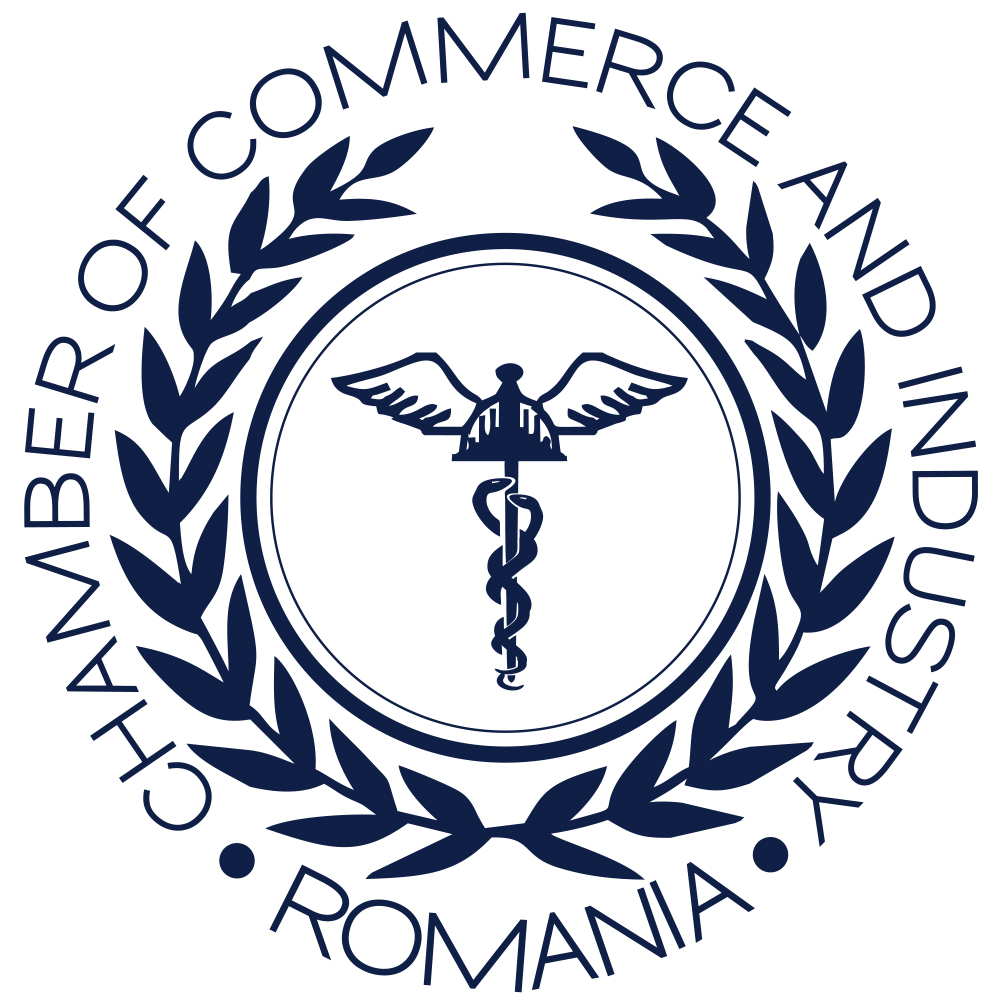European Services Package: pragmatic, but no silver bullet
Publicat pe 13/01/2017
EUROCHAMBRES gave a conditional thumbs-up to the Services Package presented by the European Commission today*. The new Services e-Card rightly addresses various persistent administrative barriers faced by service providers, but its impact relies on the willingness and efficiency of national governments. Indeed, the e-Card wouldn’t even be necessary if member states were delivering on their commitments and responsibilities fully, effectively and in a coordinated manner.
“The e-Card looks like good news,” said Arnaldo Abruzzini, CEO of EUROCHAMBRES, “but recent history – notably in relation to the Services Directive’s Points of Single Contact – demonstrates that several member states are either unwilling or unable to deliver such simplifcation tools.”
Ten years on from its adoption, the Services Directive has not had the impact that the business community had hoped for. Mr Abruzzini explained: “Many areas of the services sector are not covered by the Services Directive and many regulatory requirements are not in its scope. While we welcome the new e-Card, let’s not kid ourselves that it’s a silver bullet.”
Proportionality and notification proposals fundamental
EUROCHAMBRES also stressed the need to address the root cause of barriers – the regulatory requirements themselves – underlining the importance of the accompanying measures on proportionality testing and notifications in the package. A Services e-Card that simplifies the process of complying with disproportionate, unwarranted and constantly changing requirements would be misguided and fail to address the source of avoidable burdens. “In the last 3 or 4 years, 6-700 new regulations concerning services were introduced in EU member states. The process for notifying businesses, the Commission and other member states and for proving that new requirements are proportionate is currently substandard. Businesses simply can’t keep up,” added Mr Abruzzini.
* The Commission claims that a service provider will be able to secure an e-Card in his home country in a month or so and for a relatively small fee. He will then be able to deliver his services in another country indefinitely, unencumbered by additional administrative requirements.

